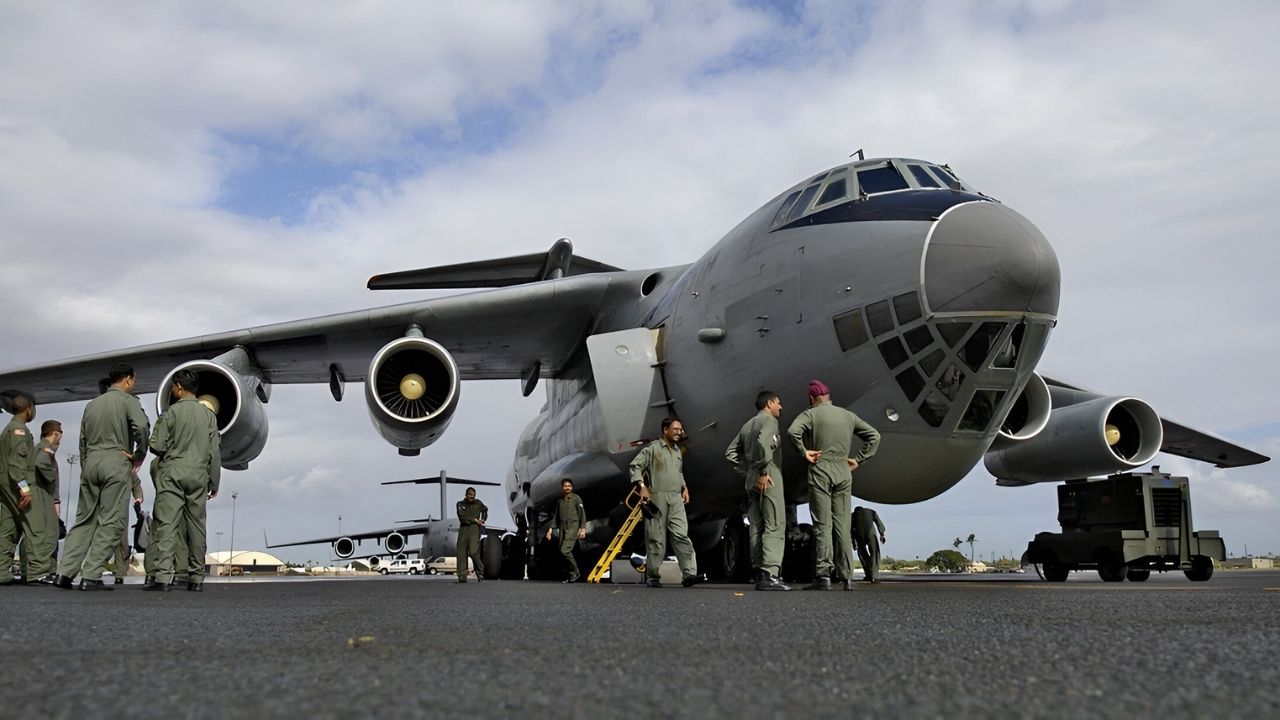
Did you know the Maldives experienced a coup d'état attempt in 1988? This small island nation, often associated with stunning beaches and luxury resorts, faced a dramatic political upheaval that could have changed its history. The Maldives coup d'état attempt involved a group of mercenaries from Sri Lanka, aiming to overthrow the government. The plot was foiled with the help of Indian armed forces, showcasing the region's geopolitical dynamics. Understanding these events provides a deeper insight into the Maldives' political landscape and its resilience. Let's dive into 30 intriguing facts about this significant yet lesser-known episode in Maldivian history.
Key Takeaways:
- The 1988 coup attempt in the Maldives involved President Gayoom, mercenaries, and Indian intervention, shaping the nation's politics and international relations.
- The failed coup led to increased security, political activism, and strengthened India-Maldives ties, leaving a lasting impact on the Maldives' history.
The Maldives Coup D'État Attempt: An Overview
The Maldives, known for its stunning beaches and luxury resorts, has a lesser-known history of political turmoil. One of the most significant events in this history is the coup d'état attempt. Here are some fascinating facts about this dramatic episode.
Key Players in the Coup Attempt
Understanding the main figures involved helps to grasp the complexity of the event.
- President Maumoon Abdul Gayoom was the target of the coup. He had been in power since 1978 and was known for his authoritarian rule.
- Abdullah Luthufi, a Maldivian businessman, orchestrated the coup attempt. He sought to overthrow Gayoom's government.
- Sri Lankan Tamil mercenaries were hired by Luthufi to carry out the coup. They were members of the People's Liberation Organisation of Tamil Eelam (PLOTE).
The Timeline of Events
The coup attempt unfolded over a few intense days in November 1988.
- On November 3, 1988, the mercenaries landed in Malé, the capital of the Maldives, early in the morning.
- Initial success saw the mercenaries taking control of key installations, including the airport and the presidential palace.
- President Gayoom managed to escape capture and sought help from international allies.
- India's Operation Cactus was launched in response to Gayoom's request for assistance. Indian troops arrived in Malé within hours.
- By November 4, 1988, Indian forces had successfully repelled the mercenaries, restoring Gayoom's control.
International Reactions
The coup attempt drew significant international attention and responses.
- India's swift intervention was praised globally and showcased its role as a regional power.
- Sri Lanka condemned the use of its nationals in the coup attempt and cooperated with investigations.
- The United States and other Western nations supported India's actions and the restoration of Gayoom's government.
Aftermath and Consequences
The failed coup had lasting impacts on the Maldives and its political landscape.
- Increased security measures were implemented in the Maldives to prevent future attempts.
- Gayoom's regime became more authoritarian, with increased crackdowns on dissent.
- Abdullah Luthufi and other conspirators were captured and faced trial. Luthufi was sentenced to life imprisonment.
- India-Maldives relations strengthened, with increased cooperation in security and defense.
Lesser-Known Facts
Some intriguing details about the coup attempt are not widely known.
- The mercenaries used fishing boats to reach Malé, blending in with local vessels.
- President Gayoom reportedly hid in a safe house before being rescued by Indian forces.
- The coup attempt was financed by wealthy Maldivian businessmen opposed to Gayoom's rule.
- PLOTE mercenaries had prior experience in guerrilla warfare, making them formidable opponents.
- The Maldives' small size and limited military capabilities made it vulnerable to such attacks.
The Human Element
The coup attempt had a profound effect on the people involved and the general population.
- Civilians in Malé were caught in the crossfire, leading to casualties and widespread fear.
- Indian soldiers were hailed as heroes by the Maldivian public for their role in quelling the coup.
- Families of the mercenaries faced stigma and repercussions in Sri Lanka.
- Gayoom's supporters rallied around him, strengthening his political base.
Long-Term Implications
The coup attempt had far-reaching implications for the Maldives and its future.
- Political reforms were promised by Gayoom but were slow to materialize.
- Opposition groups became more vocal, leading to increased political activism.
- Tourism industry faced a temporary setback but quickly recovered due to the Maldives' global appeal.
- International aid and support flowed into the Maldives, helping to stabilize the nation.
- The event highlighted the importance of regional cooperation in maintaining stability.
Reflections on the Coup Attempt
The 1988 coup d'état attempt remains a significant chapter in Maldivian history.
- Historical analyses often cite the event as a turning point in the Maldives' political evolution.
Final Thoughts on the Maldives Coup D'État Attempt
The Maldives coup d'état attempt of 1988 remains a significant event in the country's history. It highlighted the vulnerabilities of small island nations to external threats and the importance of regional cooperation. The quick response by the Indian military under Operation Cactus showcased the strength of international alliances in maintaining stability. This event also underscored the resilience of the Maldivian people and their commitment to preserving their sovereignty.
Understanding these historical moments helps us appreciate the complexities of global politics and the delicate balance of power. The Maldives has since continued to grow as a popular tourist destination, but the lessons from 1988 still resonate. They remind us of the importance of vigilance, unity, and the ever-present need for strong diplomatic ties.
Frequently Asked Questions
Was this page helpful?
Our commitment to delivering trustworthy and engaging content is at the heart of what we do. Each fact on our site is contributed by real users like you, bringing a wealth of diverse insights and information. To ensure the highest standards of accuracy and reliability, our dedicated editors meticulously review each submission. This process guarantees that the facts we share are not only fascinating but also credible. Trust in our commitment to quality and authenticity as you explore and learn with us.
